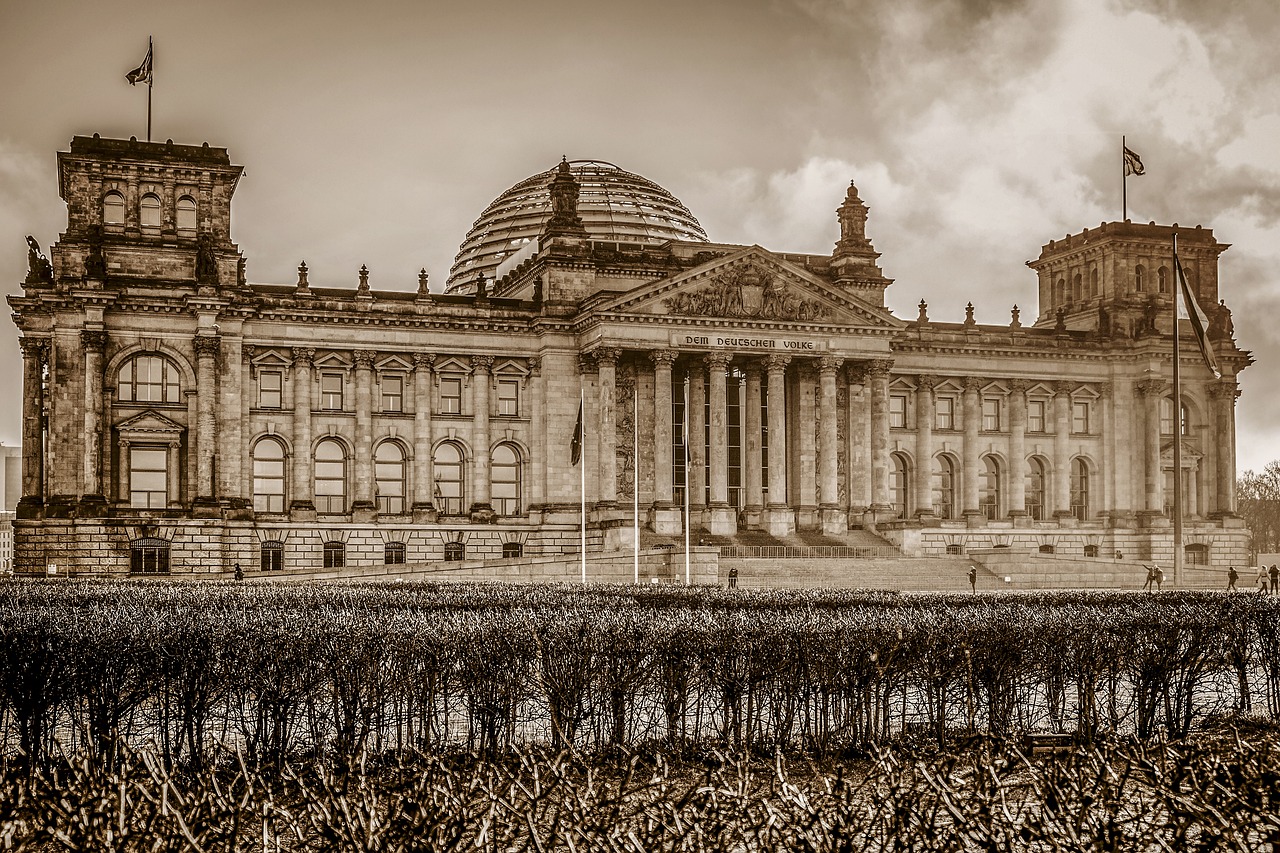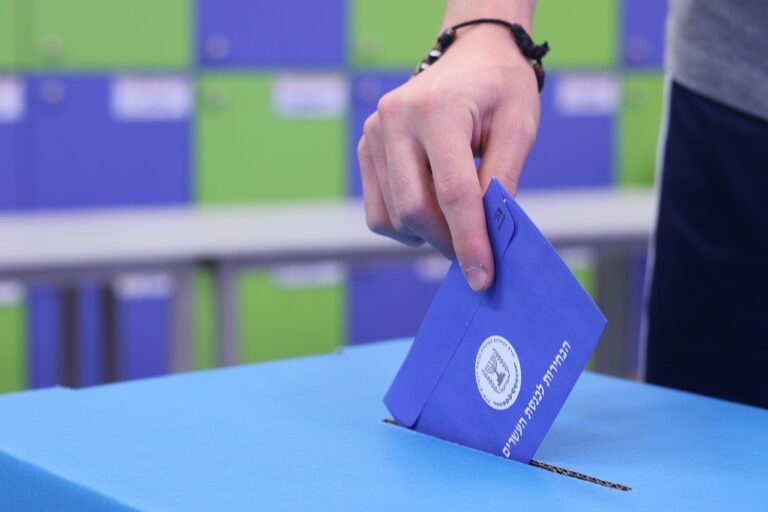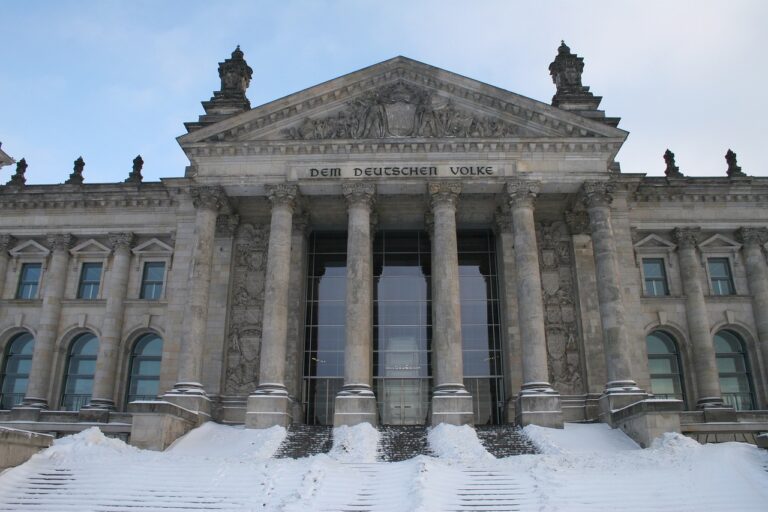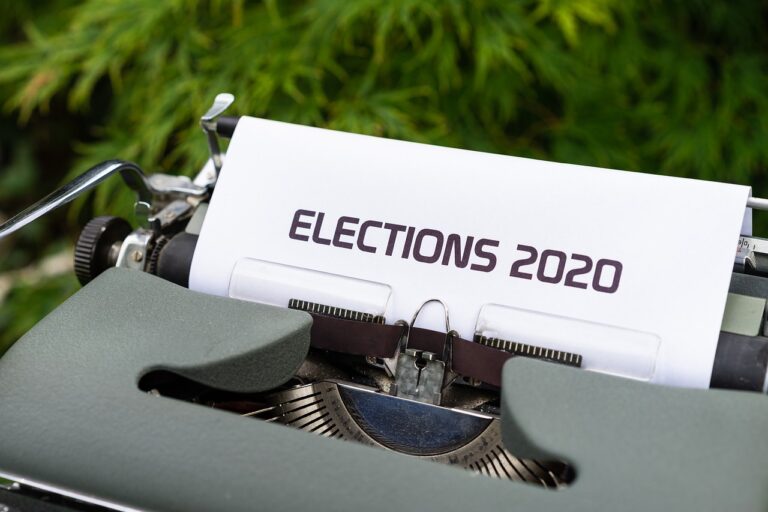Political Events and Their Role in Election Campaigning
Political debates play a pivotal role in shaping voter perceptions during election season. These televised events provide a platform for candidates to showcase their policies, debate pressing issues, and present their vision for the future. As voters tune in to watch these debates, they are able to assess the candidates’ strengths, weaknesses, and overall suitability for office.
The performance of candidates during debates can heavily influence voter perceptions. Strong communication skills, command of policy details, and the ability to articulate a compelling vision can sway undecided voters and reinforce the support of existing supporters. Conversely, a candidate’s poor debate performance, lack of coherence, or inability to address important issues can lead to a decline in voter confidence and support. Ultimately, political debates have the power to shape public opinion, sway undecided voters, and solidify support for candidates in the eyes of the electorate.
Political debates provide a platform for candidates to showcase their policies and vision
Voters can assess candidates’ strengths, weaknesses, and suitability for office during debates
Strong communication skills, policy knowledge, and articulation of vision can sway undecided voters
Poor debate performance or lack of coherence can lead to a decline in voter confidence
Debates have the power to shape public opinion, sway undecided voters, and solidify support for candidates
The Impact of Political Rallies on Candidate Support
Political rallies play a crucial role in building support for candidates vying for elected positions. These high-energy events not only attract the attention of the media and the public but also serve as a platform for candidates to connect with their supporters on a personal level. The enthusiasm and fervor displayed at rallies can be contagious, rallying supporters to actively engage in campaign efforts and ultimately boost candidate support.
Moreover, political rallies provide candidates with the opportunity to convey their key messages directly to a large audience in a live setting. The speeches and interactions at these events allow candidates to showcase their charisma, passion, and leadership qualities, which can influence undecided voters and solidify the commitment of existing supporters. The impact of political rallies on candidate support extends beyond the event itself, as attendees often leave feeling inspired and motivated to advocate for their chosen candidate in their communities.
The Role of Town Hall Meetings in Connecting Candidates with Voters
Town hall meetings play a crucial role in fostering direct interaction between candidates and voters. These forums provide an opportunity for candidates to engage with individuals on a personal level, allowing for the exchange of ideas and concerns in a more intimate setting. By directly addressing voter inquiries and engaging in meaningful discussions, candidates can build rapport and establish a sense of trust with the electorate.
Moreover, town hall meetings serve as a platform for candidates to showcase their authenticity and transparency. When candidates engage in unscripted conversations and respond to spontaneous questions, voters gain insight into their values, beliefs, and priorities. This open dialogue not only humanizes the candidates but also allows voters to make more informed decisions based on direct interactions rather than just relying on scripted campaign messages.
What is the purpose of a town hall meeting in politics?
Town hall meetings provide an opportunity for candidates to directly engage with voters, listen to their concerns, and answer their questions in a more intimate setting.
How do town hall meetings differ from political debates?
Town hall meetings are typically more interactive and allow for direct interaction between candidates and voters, whereas political debates involve candidates discussing their policies and views in a more structured format.
Do town hall meetings have an impact on voter perceptions of candidates?
Yes, town hall meetings can humanize candidates and allow voters to see them in a more personal light, which can influence their perceptions and decisions at the polls.
Are town hall meetings effective in connecting candidates with voters?
Yes, town hall meetings provide candidates with a platform to connect with voters on a personal level, hear their concerns, and address them directly, which can help build trust and support among the electorate.







